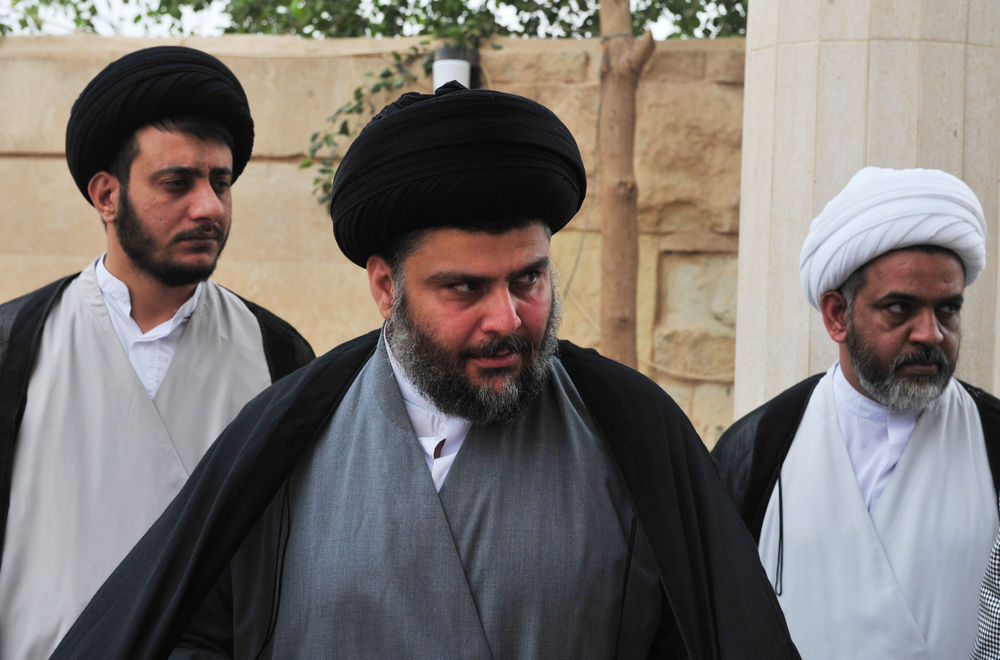Iran has welcomed the resignations by the Sadr Movement from Iraq’s parliament, as indicated by Iranian media coverage. Iran had consistently resisted Sadrist attempts to exclude political forces aligned with it from the government, which the Sadrists attempted to do. High ranking visits from Iran, such as from the Quds Brigade’s Commander Ismail Qaani, had attempted to reach a compromise that would ensure the participation of these forces in the government, but an agreement was not reached.
The resignation of the Sadrists is therefore perceived by Iran as an opportunity to form a government including Iranian-backed factions, as well as Sunni and Kurdish forces, especially as the latter have rejected the option of dissolving parliament. The seats vacated by Sadrist members of Parliament will be filled by the runner-up candidates in the elections, some of which will represent factions that had formed an alliance with the Sadrists. Therefore, forming a new government may not be an easy task. The Sadrists’ resignation has moreover led to the breakup of the alliance to “Save the Nation” that included the Sadrists, the Kurdish Democratic Party, and the Alliance headed by Mohamed Halbousy and KHamees El Khanjar. Iran welcomes this development, because it perceived that this alliance, and Moqtada al Sadr himself, were seeking to expand Iraq’s space to maneuver, and to expand its relations with Arab countries, especially in the Gulf, at the expense of relations with Iran.
Iran clearly perceives that the Sadrists’ resignation demonstrates its strong hold over politics in Iraq. The outlawing by the Iraqi parliament of any normalization of relations with Israel, is seen by Iran as a direct message to regional and international powers that it still has a final say in all that concerns Iraq’s future. However, there are indications that Iran’s influence in Iraq is facing challenges, not least of which were the results of the parliamentary elections last October. The current Iraqi Prime Minister is also seeking to expand his options by shoring up relations with Arab countries, such as the UAE, Saudi Arabia, Egypt, and Jordan.
Iran believes that the deepening of the Iraqi political crisis serves its agenda when dealing with international powers, especially Western countries. Iran believes it can pressure the west by demonstrating it has the power to raise the cost of sanctions and Western pressures through fanning the flames of regional crises starting with Iraq, a possible escalation between Israel and Lebanon’s Hezbollah, and hindering the renewal of the cease fire in Yemen. In other words, Iran’s response to Western pressure will not be limited only to Iran’s nuclear program but will extend to the region at large, by threatening the interests of the force’s hostile to Iran, further exacerbating an international situation complicated by the War in Ukraine.
Nevertheless, the rush to create a new government following the Sadrists’ resignation could still prove to be a risky gamble. The problems this government will have to deal with are considerable, and failure to address them could result in another outpouring of protests on the street. The Sadrists themselves may resort to mobilizing popular protests, which could further weaken the position of the factions participating in government. Iran may therefore seek to reach an agreement with Moqtada al Sadr, to change his stance and facilitate the formation of a new government.


